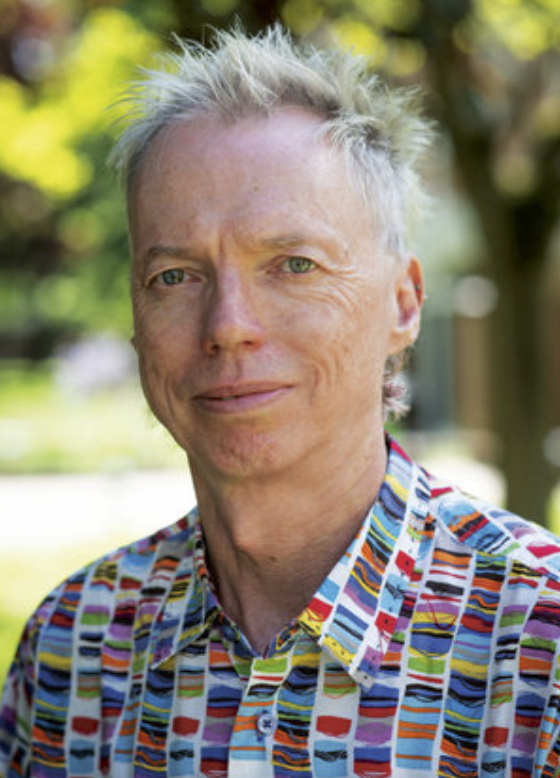Authors
In Genesis: Artificial Intelligence, Hope, and the Human Spirit, Henry Kissinger explores with coauthors Eric Schmidt and Craig Mundie the transformative potential of AI and calls for a robust framework of ethical, political, and philosophical principles to guide its development.
Nita Farahany, a leading bioethicist and legal scholar, explores the emerging field of neurotechnology and its implications. In The Battle for Your Brain, she warns that brain-monitoring technologies, while offering benefits in health and productivity, also pose significant threats to mental privacy and freedom of thought.
Shannon Vallor is a philosopher and technology ethicist whose work bridges the gap between human values and the rapid advancement of artificial intelligence. In The AI Mirror: Reclaiming Our Humanity in an Age of Machine Thinking, Vallor argues that AI technologies are not merely tools but powerful mirrors reflecting humanity’s strengths, flaws, and ethical dilemmas.
NisYuval Noah Harari examines in Nexus the evolution of information networks and their profound impact on human societies. While information has historically served to connect people and facilitate cooperation, he argues that the rise of AI introduces unprecedented challenges, potentially leading to the erosion of human autonomy and the emergence of digital dictatorships.
Susan Schneider, a philosopher and cognitive scientist, explores in Artificial You the intersection of artificial intelligence, consciousness, and human identity. She argues that while advanced AI may one day mimic human behavior, true consciousness might remain uniquely human, raising profound ethical and existential questions about merging our minds with machines and the risks of losing our sense of self in the process.
Andy Clark, a leading philosopher of cognitive science, explores how our brains are not passive observers but active prediction machines that construct reality based on expectations and prior experiences. In The Experience Machine, he argues that perception is a dynamic interplay between sensory input and predictive models, showing how our minds constantly refine these models to navigate and make sense of the world.
n The Singularity Is Nearer: When We Merge with AI, futurist and inventor Ray Kurzweil asserts that AI will achieve human-level intelligence by 2029 and that by 2045, humans will merge with AI, an event he terms "the Singularity." This convergence, he argues, will exponentially enhance human intelligence and capabilities, leading to profound societal transformations.







